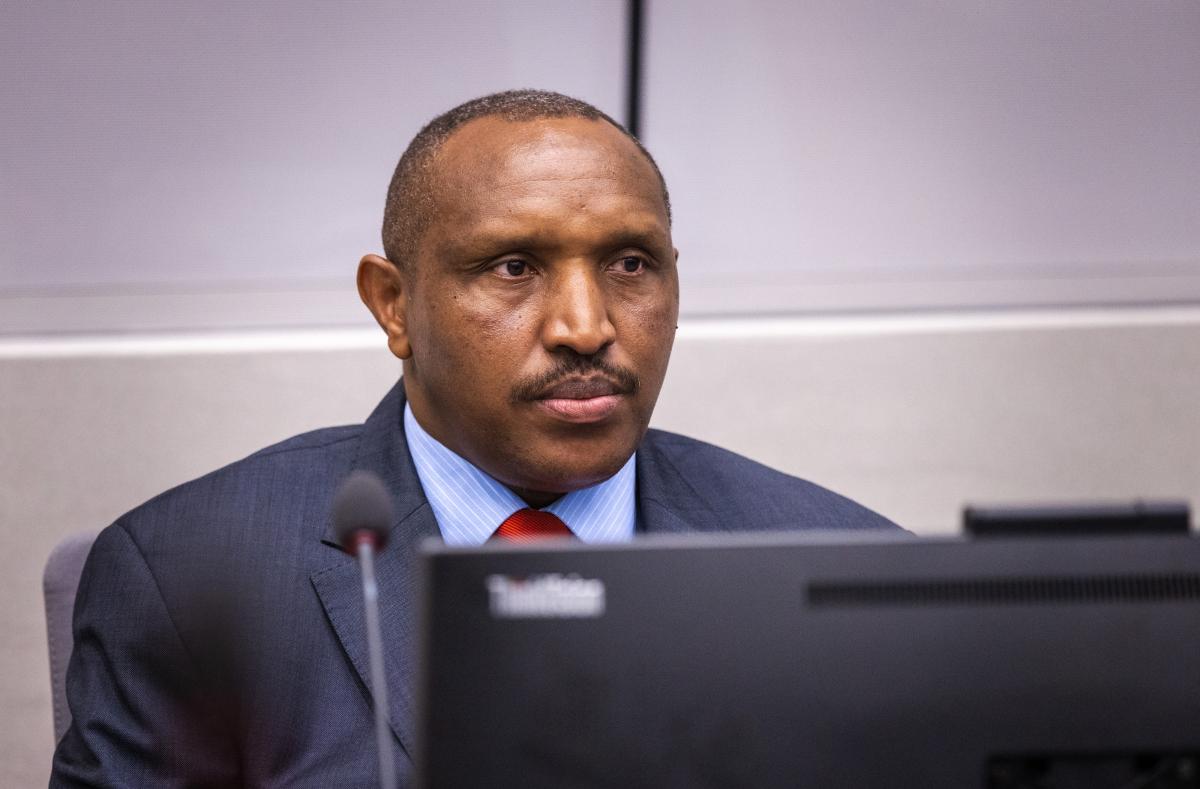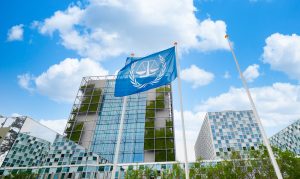How the Ntaganda Case at the International Criminal Court (ICC) innovated with regards to reparations for victims
When we think about international justice, the focus is often on holding perpetrators accountable for horrific crimes. But what happens after someone is convicted? How do courts ensure that victims receive the help and recognition they deserve? These questions lie at the heart of the International Criminal Court’s (ICC) decision on reparations in the Ntaganda case, which has redefined how reparations are handled in cases of war crimes and crimes against humanity.
Bruno Biazatti

Bruno Biazatti, one of the doctoral researchers of the Luxembourg Centre for European Law (LCEL), has recently published his article “To divide or not to divide: Innovations on liability for reparations in the Ntaganda case” in the Leiden Journal of International Law, one of the leading publications in the field of public international law.
Who is Bosco Ntaganda?
Bosco Ntaganda, a former rebel leader in the Democratic Republic of Congo, was convicted by the ICC in 2019 and sentenced to 30 years of imprisonment. He was found guilty of 13 counts of war crimes and 5 counts of crimes against humanity, committed in 2002-2003. These crimes included murder, rape, sexual slavery, and the use of child soldiers. Recognising the harm suffered by thousands of victims, the court ordered him to pay 31.3 $ million in reparations – a sum meant to help survivors rebuild their lives and communities.

Mr Bosco Ntaganda during the delivery of the Appeals judgment on reparations at the International Criminal Court on 12 September 2022 ©ICC-CPI
Why the Ntaganda Case matters
The story of Bosco Ntaganda is not just one of a criminal being brought to justice; it is a milestone in how the ICC deals with victim’s rights and reparations. The conviction of Ntaganda and the order for reparations show that the focus of international justice is shifting from solely punishing perpetrators to actively supporting survivors.
By ordering 31.3 $ million in reparations, the ICC highlighted its commitment to helping the victims and not just holding Ntaganda accountable.
Yet, like many convicted individuals at the ICC, he was unable to pay reparations himself. This raises the question: how can justice be served if the convicted person has no money?
But how does this monumental decision impact the real lives of survivors? What challenges arise when a perpetrator is unable to pay such a sum? These questions are at the centre of Bruno Biazatti’s research.
Biazatti´s paper critically evaluates the reparations order issued in the Ntaganda case at the International Criminal Court (ICC), with focus on the two main innovations that this decision introduced. First, the finding that the assessment of the quantum of reparations the convicted person is financially liable to pay should be based exclusively on the extent of the harm suffered by the victims and the costs to repair it, to the exclusion of all other factors. Second, the application of joint and several liability when multiple offenders are liable for the crimes in question and the resulting harm. Bruno argues that, despite its victim-friendly veneer, the approach introduced in Ntaganda should not be taken for granted. Besides the fact that multiple important aspects and ramifications of this approach remain unaddressed, those two innovations may have serious implications for the victims, the convicted persons, and the ICC’s reparations process as a whole.
Challenges in delivering reparations
Reaching All Victims
The atrocities affected thousands of individuals in remote and conflict-ridden areas. Identifying and compensating all eligible victims is a huge task.
Funding Gaps
The Trust Fund for Victims (TFV), an independent body to support victims when reparations cannot be funded directly by perpetrators, relies on voluntary contributions from states and donors, which may not always cover the need for large-scale reparations programmes.
Comprehensive Reparations
Financial compensation alone is insufficient. Many victims require psychological support, healthcare, and community rehabilitation to recover fully.
Security Risks
Implementing reparations in unstable regions poses significant logistical and safety challenges.
Precedent Setting
While the principles established in this case are promising, questions remain about how sustainable and consistent these approaches will be in future cases.+
The future of reparations
The principles established in the Ntaganda case have the potential to shape how courts handle reparations for years to come. By prioritising victims and creating mechanisms to ensure reparations are paid, even when perpetrators cannot contribute, the ICC is setting a new standard for international justice. However, continued research and refinement are needed to address questions about funding, sustainability, and implementation.
This case represents progress, but it also reminds us that justice is a process – one that must evolve to meet the needs of those it serves.
About Bruno Biazatti

Bruno de Oliveira Biazatti is a Doctoral Researcher at the Luxembourg Centre for European Law (LCEL). He is also a Ph.D. candidate on international law at the Federal University of Minas Gerais (UFMG), in Brazil, under the supervision of Prof. Aziz Tuffi Saliba. He teaches international criminal law at the University of Luxembourg.
Bruno’s doctoral research explores peripheral agency in international law-making, with emphasis on the work of the International Law Commission. His work has appeared in leading journals, including the European Journal of International Law and the Leiden Journal of International Law. He also published multiple times in influential international law blogs, such as EJIL:Talk! and Opinio Juris.
